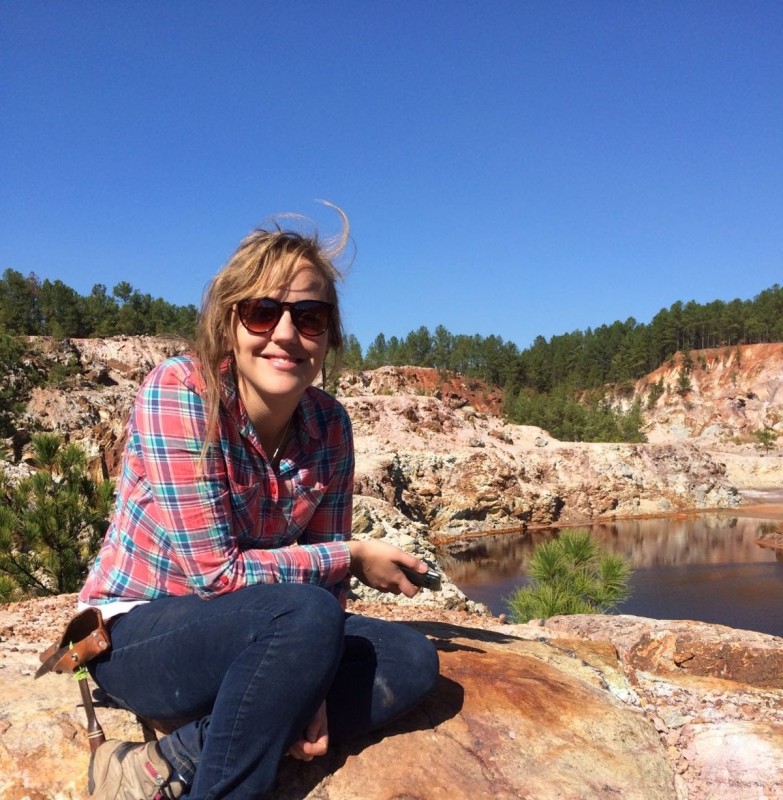
I am a Brazilian geologist in graduate school at Auburn University, and I study craters formed by meteorite impacts.
When I’m not studying craters, I like riding horses, hiking, camping, listen to music and hanging out with my friends and family.
[Español]
Soy una geóloga brasileña estoy en la escuela graduada de Auburn y estudio los cráteres que se forman por los impactos de los meteoritos